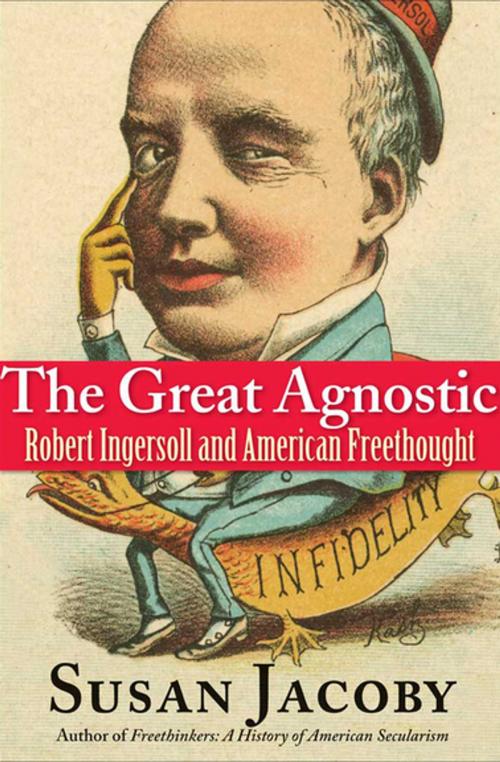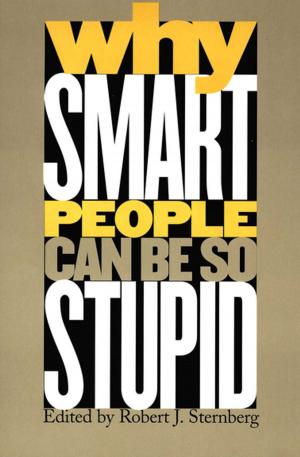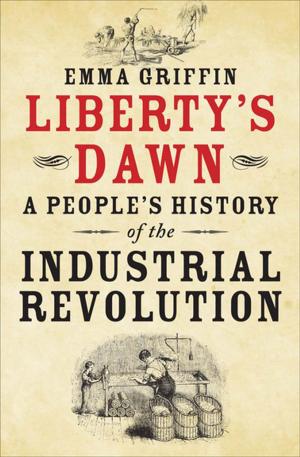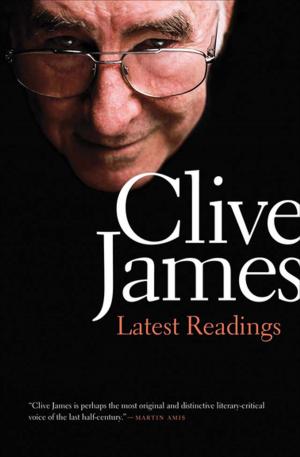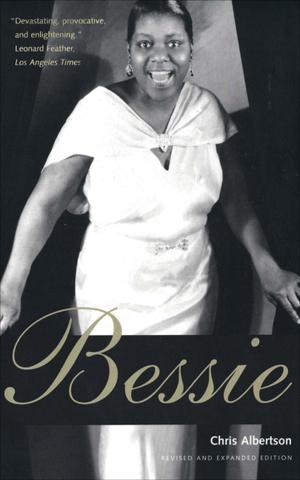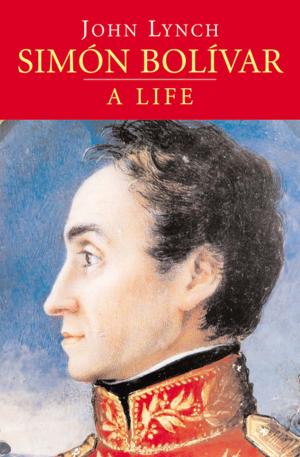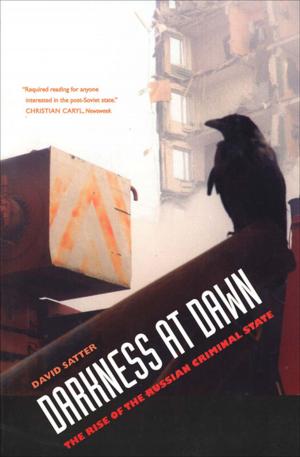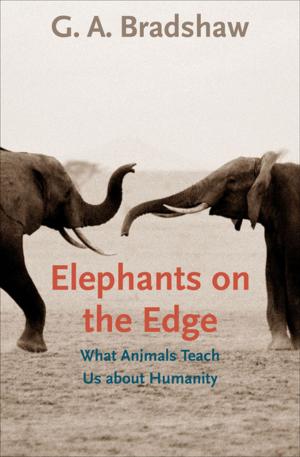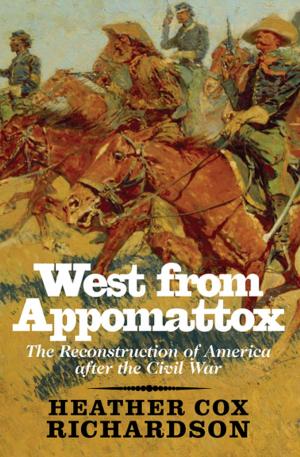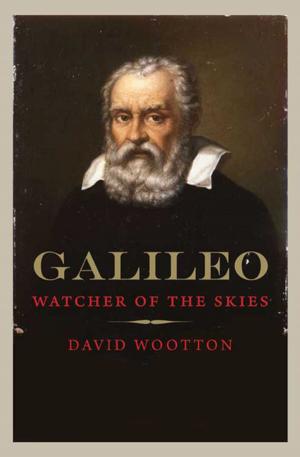The Great Agnostic
Robert Ingersoll and American Freethought
Nonfiction, Religion & Spirituality, Other Practices, Agnosticism, Christianity, Church, Church & State, Biography & Memoir, Political| Author: | Susan Jacoby | ISBN: | 9780300188929 |
| Publisher: | Yale University Press (Ignition) | Publication: | January 8, 2013 |
| Imprint: | Yale University Press | Language: | English |
| Author: | Susan Jacoby |
| ISBN: | 9780300188929 |
| Publisher: | Yale University Press (Ignition) |
| Publication: | January 8, 2013 |
| Imprint: | Yale University Press |
| Language: | English |
“Jacoby writes with wit and vigor, affectionately resurrecting a man whose life and work are due for reconsideration” (The Boston Globe).
During the Gilded Age, which saw the dawn of America’s enduring culture wars, Robert Green Ingersoll was known as “the Great Agnostic.” The nation’s most famous orator, he raised his voice on behalf of Enlightenment reason, secularism, and the separation of church and state with a power unmatched since America’s revolutionary generation. When he died in 1899, even his religious enemies acknowledged that he might have aspired to the US presidency had he been willing to mask his opposition to religion. To the question that retains its controversial power today—was the United States founded as a Christian nation?—Ingersoll answered an emphatic no.
In this provocative biography, Susan Jacoby, author of Freethinkers: A History of American Secularism, restores Ingersoll to his rightful place in an American intellectual tradition extending from Thomas Jefferson and Thomas Paine to the current generation of “new atheists.” Jacoby illuminates the ways in which America’s often-denigrated and forgotten secular history encompasses issues, ranging from women’s rights to evolution, as potent and divisive today as they were in Ingersoll’s time. Ingersoll emerges in this portrait as an indispensable public figure who devoted his life to that greatest secular idea of all—liberty of conscience belonging to the religious and nonreligious alike.
“Jacoby’s goal of elucidating the life and work of Robert Ingersoll is admirably accomplished. She offers a host of well-chosen quotations from his work, and she deftly displays the effect he had on others. For instance: after a young Eugene V. Debs heard Ingersoll talk, Debs accompanied him to the train station and then—just so he could continue the conversation—bought himself a ticket and rode all the way from Terre Haute to Cincinnati. Readers today may well find Ingersoll’s company equally entrancing.” —Jennifer Michael Hecht, The New York Times Book Review
“Jacoby writes with wit and vigor, affectionately resurrecting a man whose life and work are due for reconsideration” (The Boston Globe).
During the Gilded Age, which saw the dawn of America’s enduring culture wars, Robert Green Ingersoll was known as “the Great Agnostic.” The nation’s most famous orator, he raised his voice on behalf of Enlightenment reason, secularism, and the separation of church and state with a power unmatched since America’s revolutionary generation. When he died in 1899, even his religious enemies acknowledged that he might have aspired to the US presidency had he been willing to mask his opposition to religion. To the question that retains its controversial power today—was the United States founded as a Christian nation?—Ingersoll answered an emphatic no.
In this provocative biography, Susan Jacoby, author of Freethinkers: A History of American Secularism, restores Ingersoll to his rightful place in an American intellectual tradition extending from Thomas Jefferson and Thomas Paine to the current generation of “new atheists.” Jacoby illuminates the ways in which America’s often-denigrated and forgotten secular history encompasses issues, ranging from women’s rights to evolution, as potent and divisive today as they were in Ingersoll’s time. Ingersoll emerges in this portrait as an indispensable public figure who devoted his life to that greatest secular idea of all—liberty of conscience belonging to the religious and nonreligious alike.
“Jacoby’s goal of elucidating the life and work of Robert Ingersoll is admirably accomplished. She offers a host of well-chosen quotations from his work, and she deftly displays the effect he had on others. For instance: after a young Eugene V. Debs heard Ingersoll talk, Debs accompanied him to the train station and then—just so he could continue the conversation—bought himself a ticket and rode all the way from Terre Haute to Cincinnati. Readers today may well find Ingersoll’s company equally entrancing.” —Jennifer Michael Hecht, The New York Times Book Review
